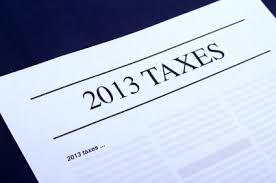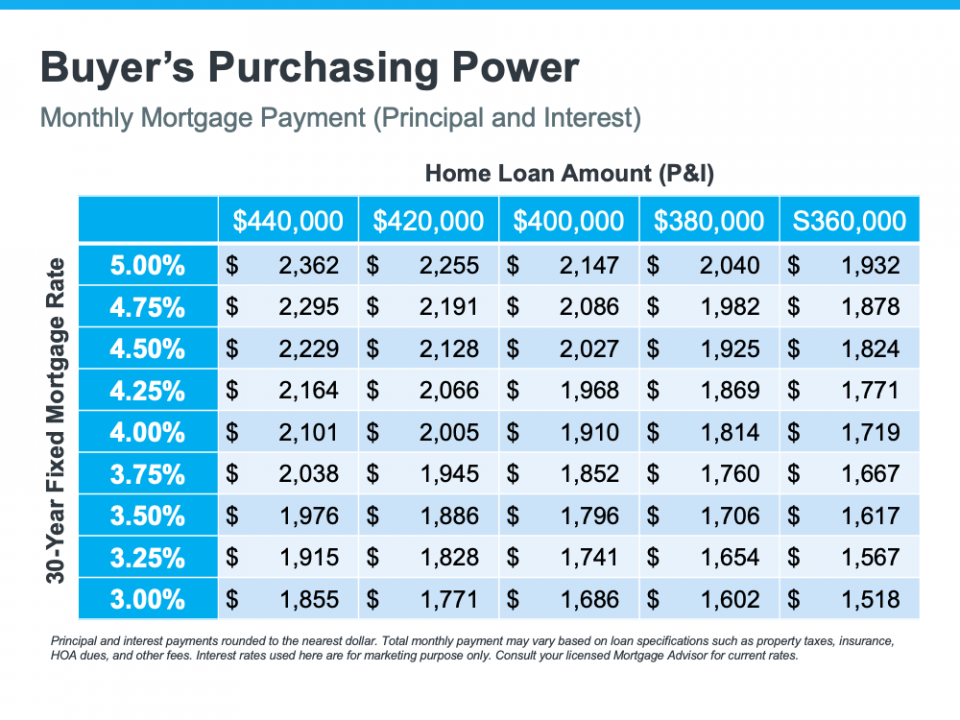Selling Your Home? 6 Tax Tips For You
Tax season is around the corner and it’s important to start thinking ahead, especially if you sold a home this year.
Below are several need-to-know facts about tax season for home sellers.
Under $250,000? You may be able to exclude gains. Just because you profited on your home sale does not mean you have to pay taxes on it. In fact, if you’re eligible to exclude your gains, you don’t even need to note that you sold your home at all when you file.
To be eligible, you need to have made a profit of less than $500,000 on a joint return or $250,000 on an individual return, and the home must have been your primary residence for at least two years prior to sale.
You may not have to report your home sale at all. If you can exclude all of the gain–meaning it was under 500,00 on a joint return or $250,000 on a single–you probably don’t need to report the sale of your home on your tax return at all. Double check this with your accountant, but this is the case in most situations.
But you can’t deduct your losses. While it’s great you can exclude financial gains, you can’t deduct financial losses, which is unfortunate.
The more homes, the more complicated tax-time can be. Several complications can arise from owning more than one property, be it an investment or vacation home. The home you live in the majority of the time is considered your primary residence. This is important because it’s necessary for you to report any gains you may have made on your second home.
If you can’t exclude gains…If you can’t exclude all of the gain because it was over the allotted amount, or you choose not to exclude it, then you will need to report the sale on your tax return. Keep an eye out for Form 1099-S, Proceeds From Real Estate Transactions.
If you’re selling your first home…One more reminder about selling your home and tax season: Special rules may apply when you sell a home for which you received the first-time homebuyer credit.
Keep in mind that tax time can be stressful and busy, so it’s always a good idea to have a professional look over your paperwork if you had an unusual financial year.





